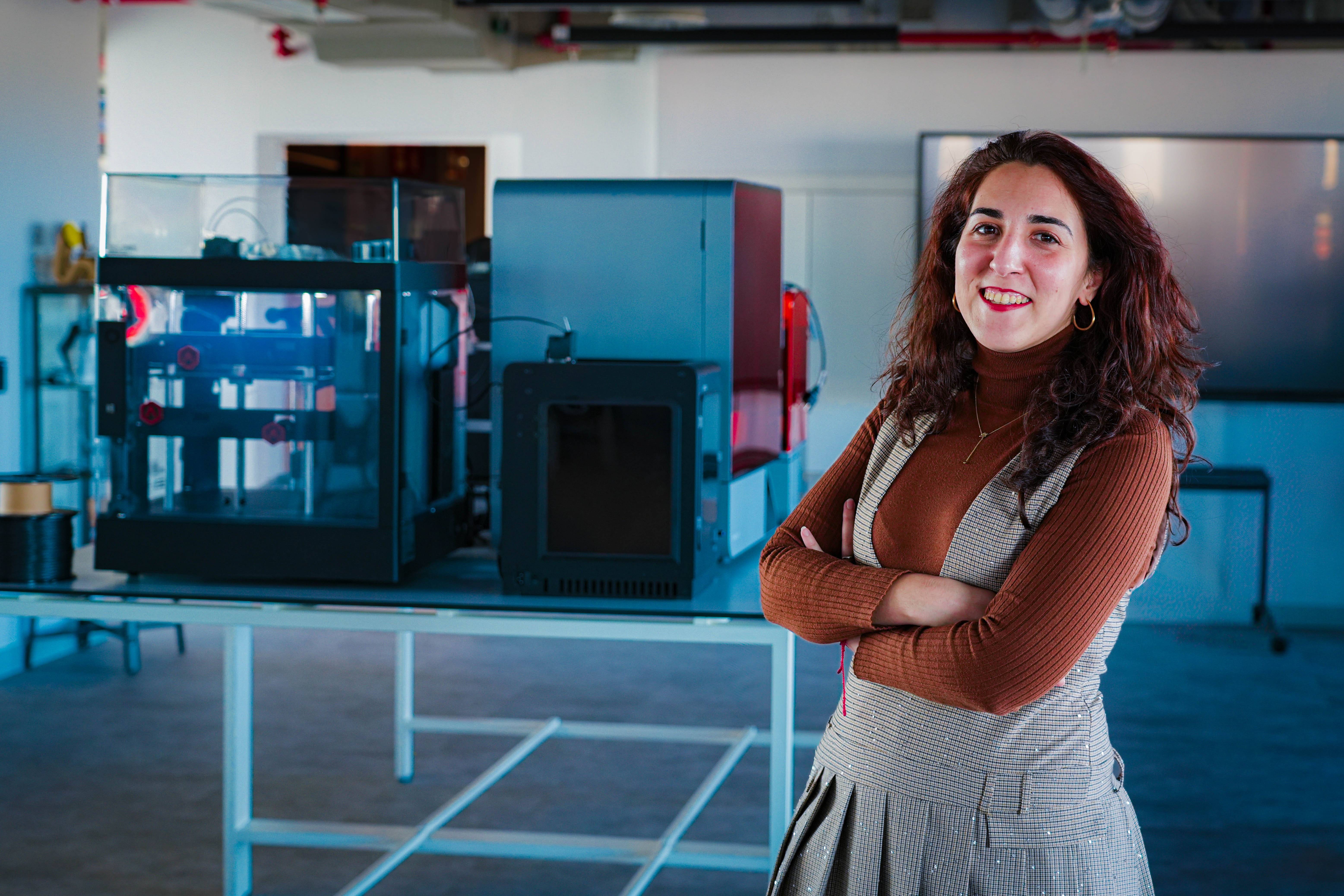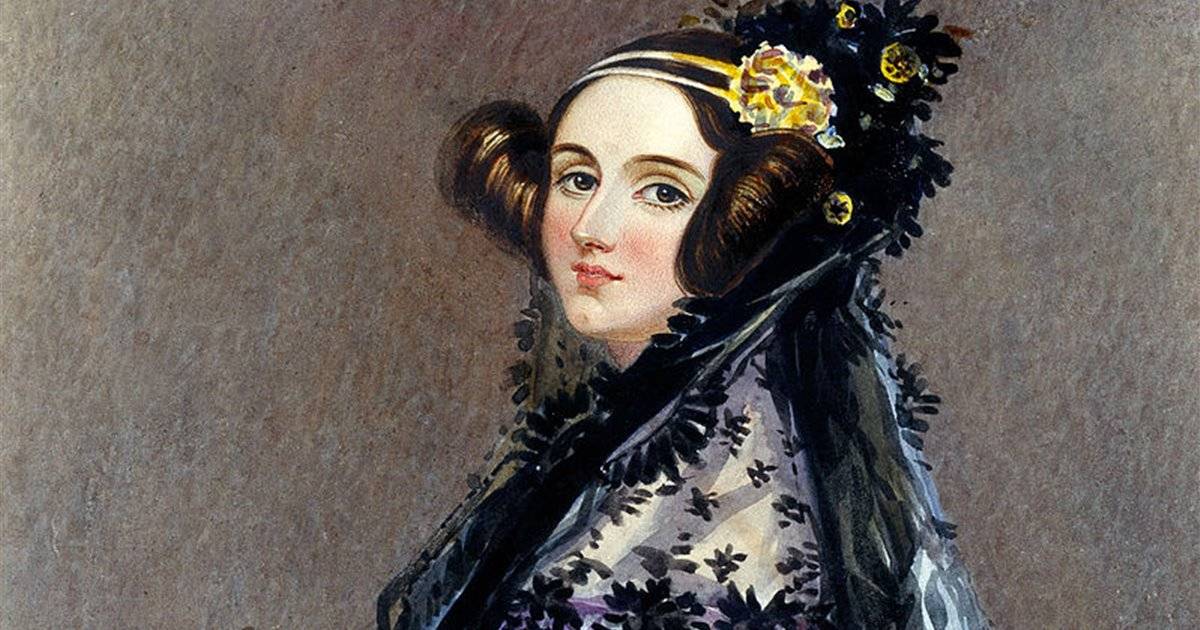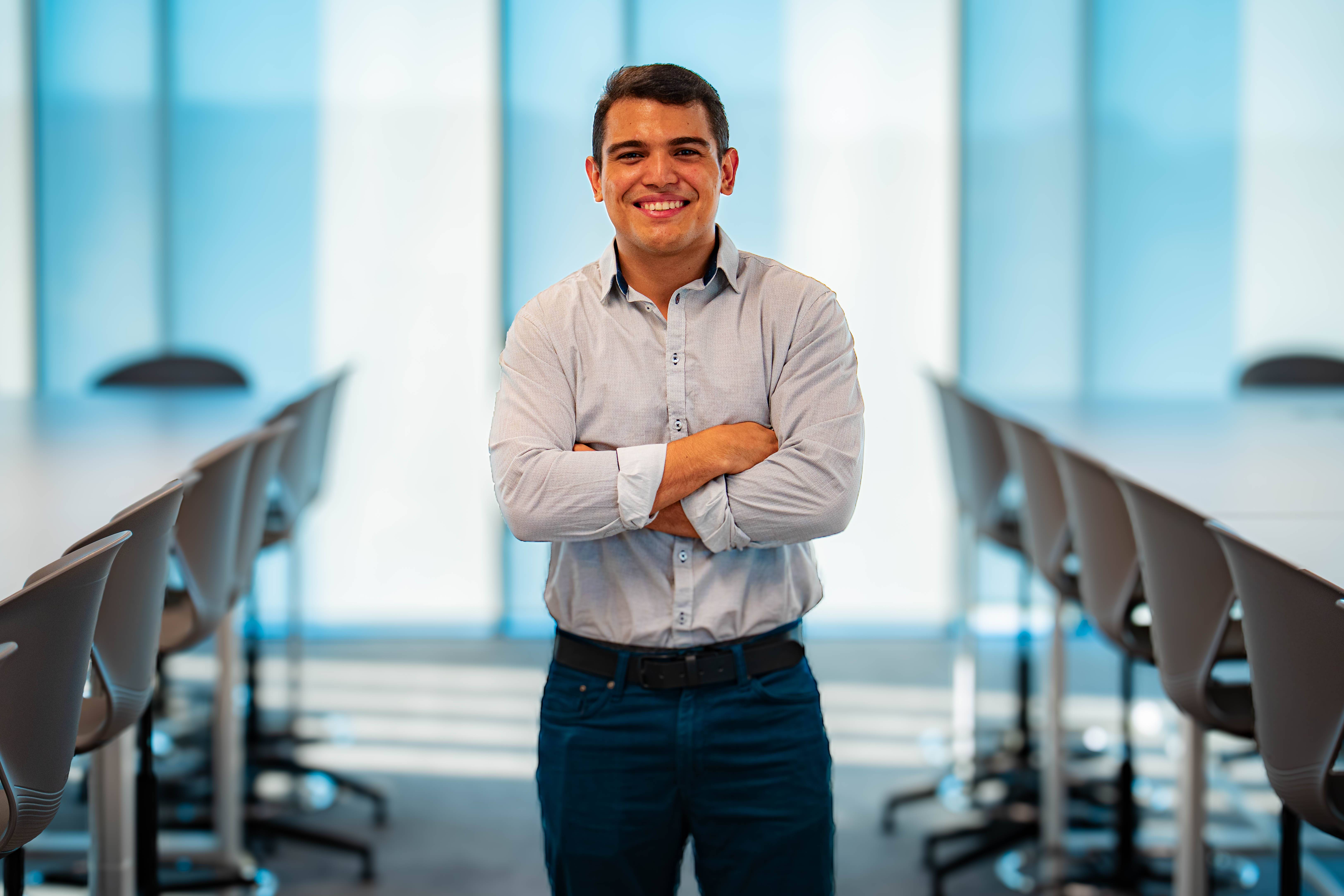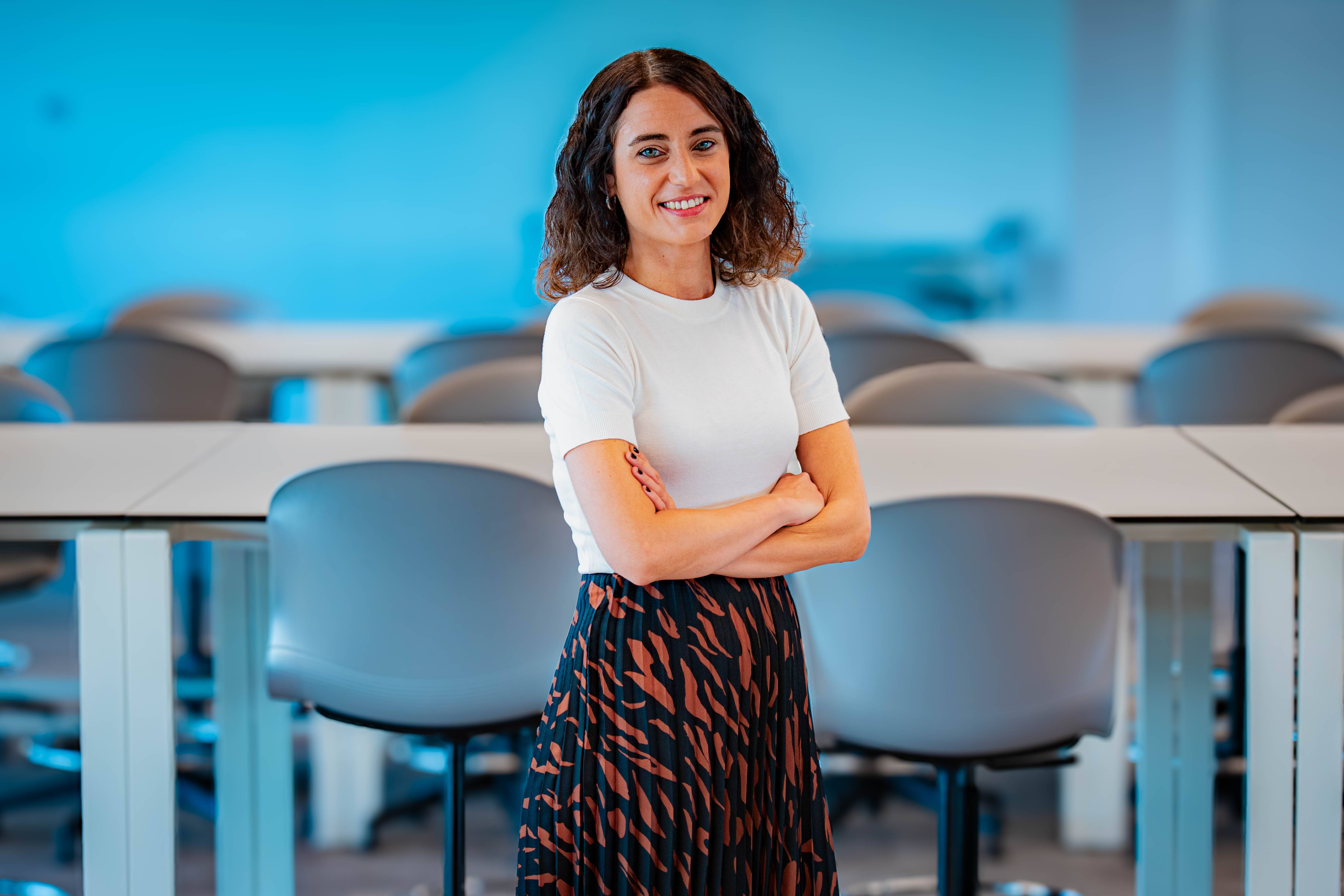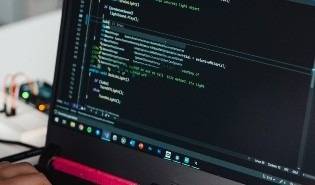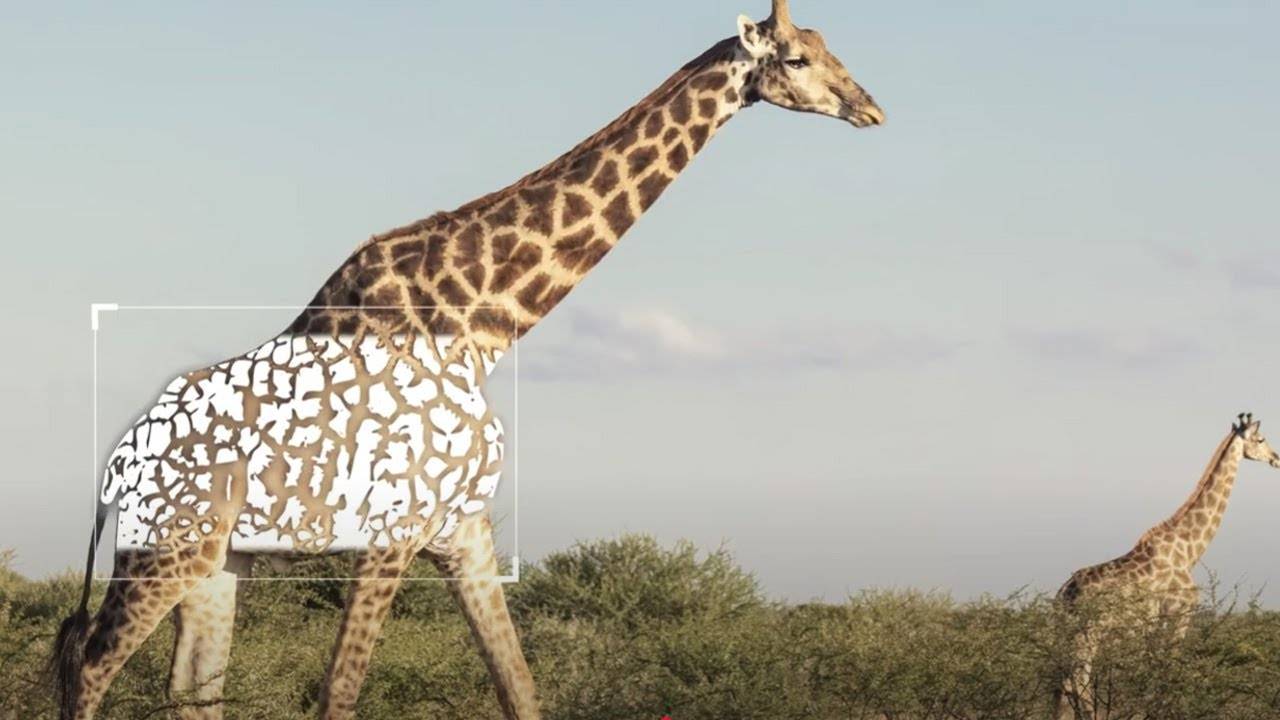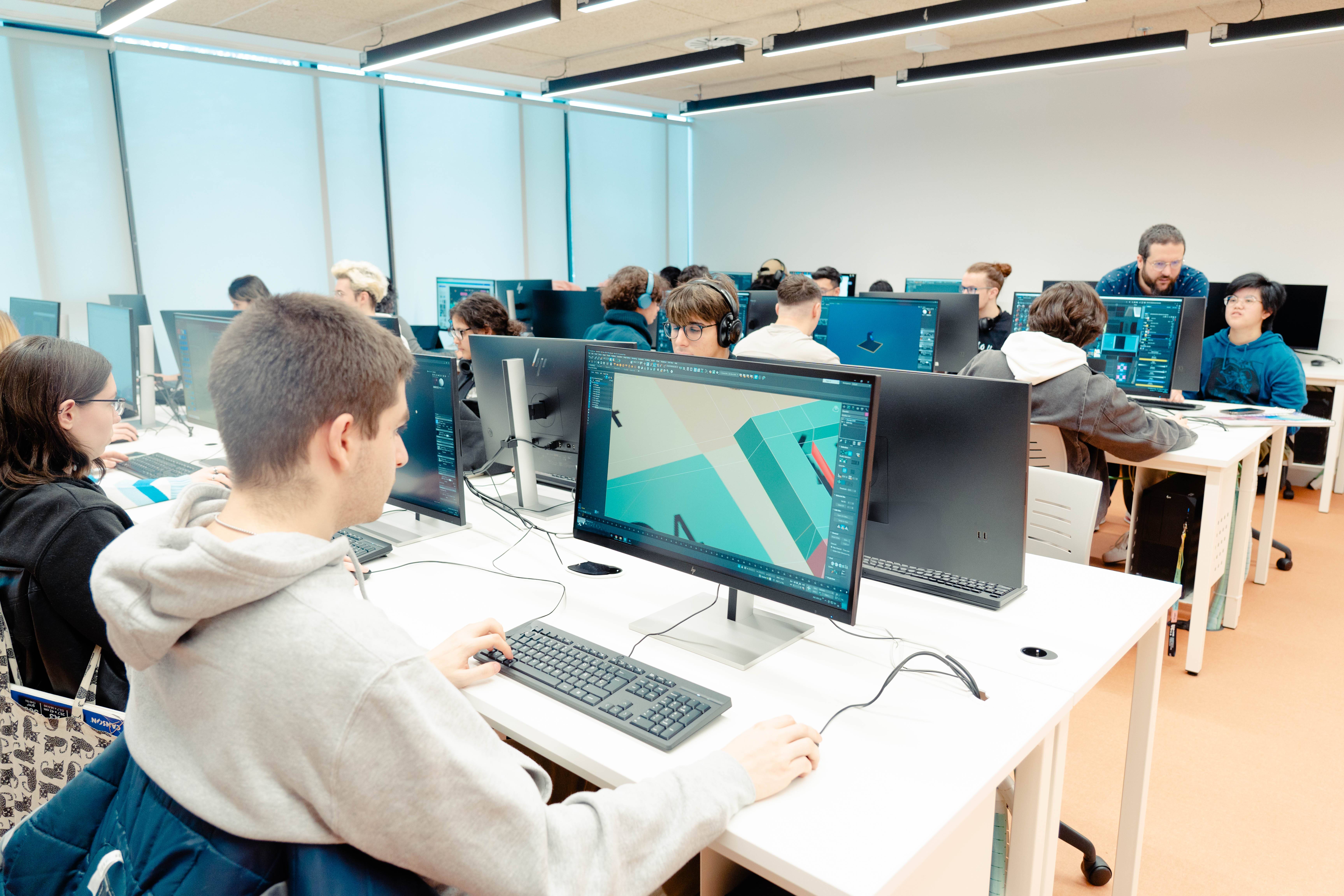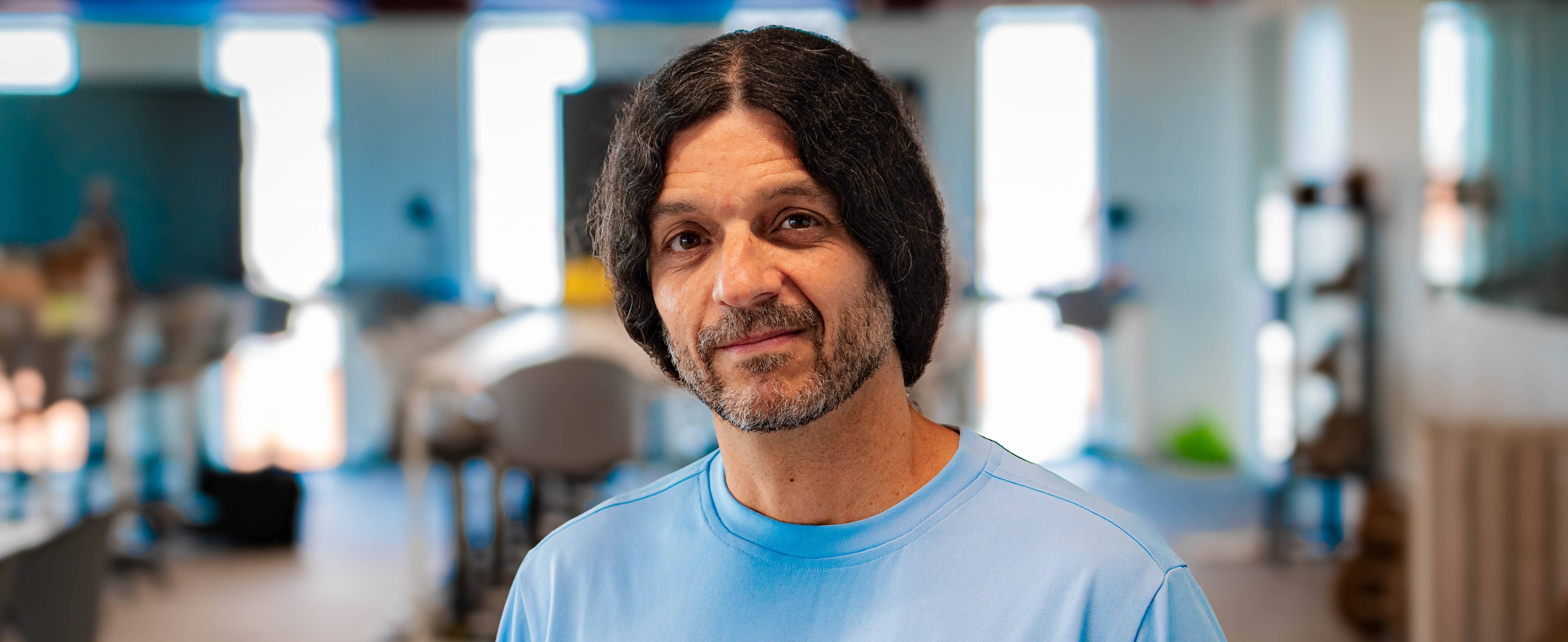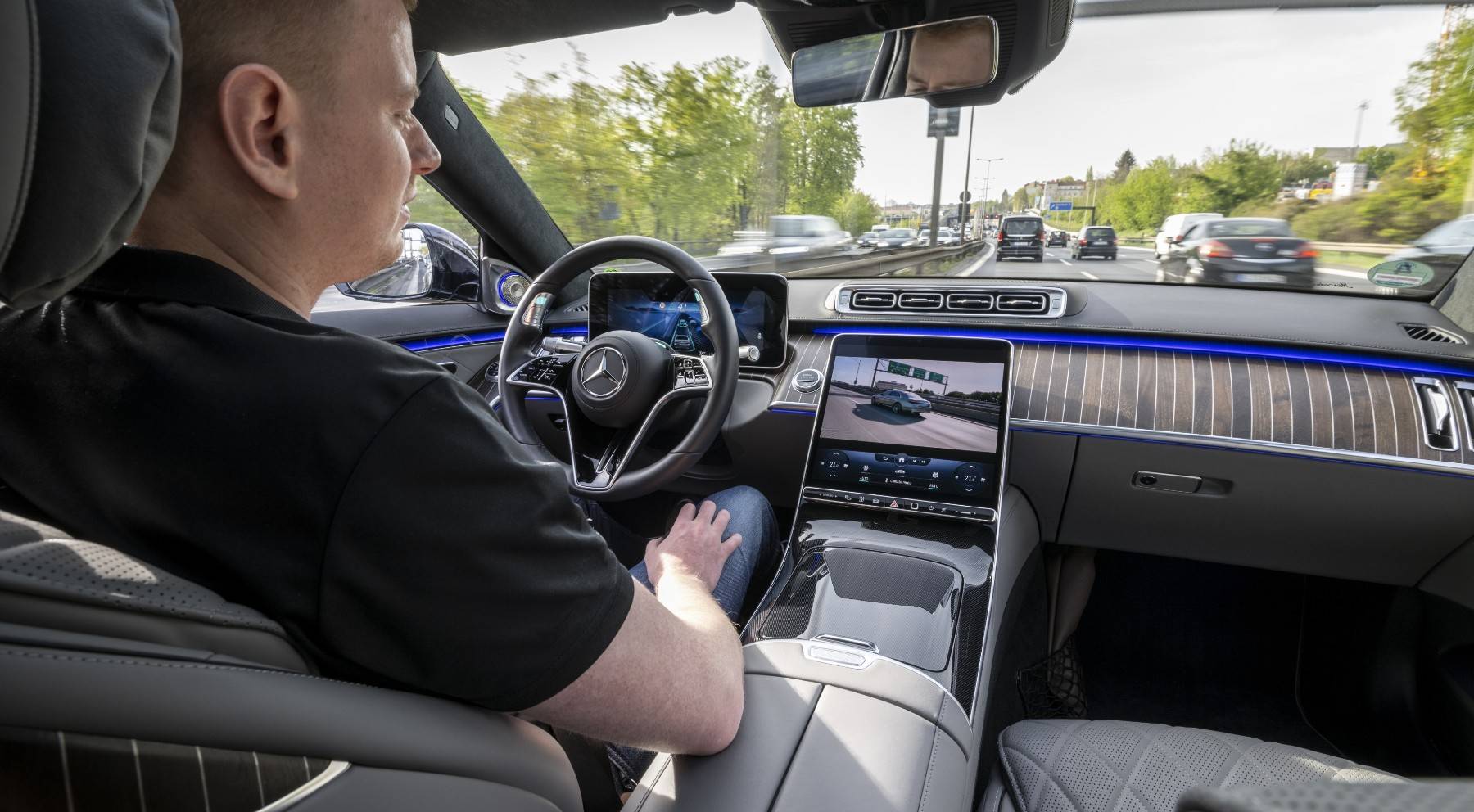Sandra Garrido: "The beauty of computer science lies in the elegance and simplicity with which a problem is solved".
Sandra Garrido is one of those teachers who leave their mark. Coordinator of the Degree in Mathematics and Computer Science at UDIT, she combines her research and management work with teaching in degrees such as Data Science and Artificial Intelligence or Full-Stack Development.
In this interview, he shares his life experience with mathematics and technology and reflects on key issues such as ethics in artificial intelligence, the beauty of code, or the importance of teaching from passion.
- When did you discover that your life would revolve around mathematics and technology? What was it like to click that changed everything?
From an early age I was attracted to mathematics and everything that has to do with problem solving: puzzles, crosswords, etc. My mother always says that when I was 3 years old I was already doing 100-piece puzzles without looking at the picture and I loved technological "toys" such as computers, remote-controlled cars, etc.
But the moment of click was during the first year I was a student at the university. I had a class that made me rethink everything and in fact, I was on the verge of leaving my degree for something completely different. However, before I made the decision I realised that mathematics could explain and solve technological challenges, which made me want to dedicate myself to this world.
- Later on, what is it about the world of teaching that caught your attention? What have you learned from teaching others? What would you highlight most about UDIT in this regard?
Although teaching was not something that initially caught my attention, after a first year of accumulating several hours of teaching I discovered that I enjoyed sharing the enthusiasm for understanding how things work.
Teaching others forces you to question what you really know and what you don't, as you need to constantly look for new ways of explaining it, adapt to new ways of learning, and so on.
You also learn to constantly reinvent yourself. In an area in continuous development such as technology, you always have to be up to date, in order to be able to transmit it in class.
In this sense, at UDIT I like the proximity of the teacher to the students, the fact that they are not taught for the sake of accumulating knowledge, but that it is applied to problem solving.
- You are the coordinator of the Bachelor's Degree in Mathematics and Computer Science. What makes this degree so special and necessary today?
We combine the mathematical basis, which allows reasoning, modelling and abstraction, with the computer tools that make this possible in practice.
Those who enrol will find an applied degree that trains minds capable of designing algorithms, working with complex AI algorithms, analysing data or solving complex problems from a solid, multidisciplinary perspective. It is an education designed to lead the technological challenges of tomorrow.
- People often talk about the "beauty" of mathematics, almost as if it were an art form. Do you think that beauty can also be found in computer science?
Absolutely yes. It may sound geeky, but some computer programs can be called beautiful when you look at the code. This is because the beauty of mathematics and computer science lies in the elegance and simplicity with which a problem is solved.
Both disciplines share a logical structure, but they also open a huge space for creativity: deciding how to design a system, how to optimise an algorithm, how to represent an abstract idea in code. It is an art form with its own rules.
- We can't but talk about Artificial Intelligence. From your experience as a researcher, what do you think is the biggest ethical or social challenge posed by its progress? What do you consider to be a responsible stance in our relationship with AI?
The biggest challenge is not to lose sight of the human being in the face of technology and to educate in its responsible use. AI has great potential, but it can also amplify biases and inequalities, as we have seen in recent months, if it is not designed correctly and data is not selected appropriately.
A responsible stance implies questioning the implications of the problem we are solving from different points of view and always thinking about the person who is going to use the system.
- If you had to recommend a book and a film that had an impact on you or made you see technology in a different way, what would it be?
This question is very difficult for me to answer because I am a person who has always read and read a lot, so far this year I have read 18 books. But if I had to choose a few books that made me feel attracted to technology and mathematics, they would be:
The Uglies book by Scott Westerfeld where we find a dystopian society in which they have advanced technology that genetically modifies humans to turn them into "perfect" humans. This book caught my attention because of the technological advances it mentions in terms of genetics and the ethical problems it raises.
I would also recommend Uncle Petros and the Goldbach Conjecture by Apostolos Doxiadis in which the plot revolves around the resolution of a problem that has been unsolved for centuries. Finally, The Goddess of Small Victories by Yannick Grannec was a book given to me by my high school teacher who made me decide to study mathematics and tells the story of Adele, the wife of Kurt Gödel, a famous 20th century mathematician.
As a film, I would choose "A Beautiful Mind" , which tells the story of John Nash and which I recommend to anyone interested in mathematics.
- Finally, what would you say to students who are thinking about taking a technological degree but are not sure which one they should enrol in? Why should they opt for UDIT?
Sandra Garrido: I would tell them to listen to themselves and to think about what kind of problems they like to solve or what motivates them: logic? creativity? transformation of the real world? problem solving? And above all, don't be scared if you still don't have it clear, any technological degree will give you the basis to later develop in a multitude of more specialised fields.
The degrees at UDIT are designed in such a way that you can change from one to another, if after the first year you change your mind, causing as little damage as possible. Choosing UDIT means choosing a practical training, close to the student and closely connected to industry, where you will have mentors, rather than teachers and real projects from the first day.
MORE INFORMATION
The fastest route: the mathematics of Google Maps
What do I need to know if I want to work in Full Stack Development?
What bachelor's degree do you need to study Data Science and Artificial Intelligence?

